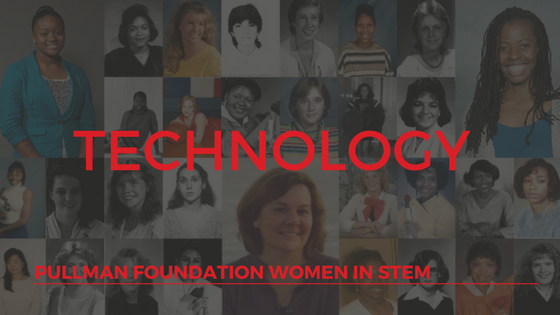As we stated in our first Pullman Women in Technology post, the numbers of Pullman Women who majored in tech fields is small. We wondered why when the current generations have organizations like Girls Who Code, Girls in Tech, Women in Technology International that encourage women to pursue their interests in tech. We came across […]
Read More… from The Key to More Women in Technology (TEDx Video)



